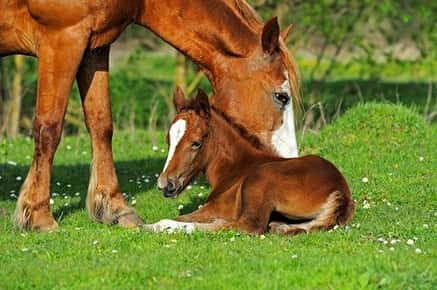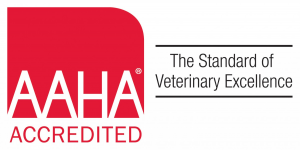Advances in Equine Breeding & Assisted Reproduction
- Created in Newsletter Library, Equine

Assisted equine reproduction has opened up new possibilities in the equine sporting community for horses where this was once limited. With the help of your equine veterinary specialist you can determine if your horse is an ideal candidate for this process either to become artificially inseminated or to donate sperm. Let's explore the procedures that take place to make this process possible.
For an owner who unexpectedly loses his horse to sudden death, the financial burden can be devastating. Equine researchers suggest if your horse was otherwise healthy that extracting sperm or harvesting testicles to be frozen can either be used to continue impregnating your own mares or be sold and shipped just following the horse's death. While extracting sperm from the epididymous is preferred, research shows that not a vast difference takes place in extracting sperm directly or from frozen testicles.
Usually you want ovulation and the arrival of fresh semen to be within 48 hours of one another. With cooled and frozen samples, your window tends to decrease. Sometimes, timing is an event where ovulation is missed and semen samples may become compromised. Timing ovulation can be an issue that may be easier to overcome with the intervention of medications such as heparin. As ovulation passes, the likelihood of pregnancy taking place decreases. The introduction of heparin to semen samples has been used to open a new "fertility window" says researchers increasing pregnancy rates in mares.
And yet another method of assisted reproduction gaining popularity is the use of embryo transfer. This method was developed to carry on particular traits between horses or to reduce compromising a show horse by impregnating her. The typical process follows inseminating a mare with a stallion's fresh chilled or frozen semen around the time of ovulation. Once inseminated and an embryo have been confirmed, the embryo is removed and placed into the preferred surrogate mare. This mare carries the pregnancy to full term. You'll want to search out a mare with a good personality, in great health and ideally who has been pregnant one time before.
Remember, be sure to breed your horse in ideal conditions. Ask yourself the basics- is this a non-stressful environment, is my horse healthy enough to become pregnant, is she receiving the right nutrition to maintain pregnancy.
Sources:
Glickman, Shari. “Equine Embryo Transfer.” Dressage Today.
Larson, Erica. “Hot Topics in Equine Reproduction.” The Horse, April 2013.


